
The largest provider of business education in Africa and one of the largest in the world
Unisa continues to foster critical national discourse, hosting its 7th annual Post-Budget Speech Discussion on 14 March 2025 at the Muckleneuk Campus. Co-hosted by the College of Accounting Sciences (CAS) and the College of Economic and Management Sciences (CEMS), this year’s theme, South Africa’s G20 Presidency: Being Efficient, Effective, and Resilient in Turbulent Times, highlighted the country’s leadership role in the Group of Twenty (G20) amid economic challenges.
The G20 is an international forum of both developing and developed countries that aims to address global economic and financial issues, representing around 85% of the global gross domestic product, over 75% of global trade, and about two-thirds of the world's population. South Africa assumed the G20 presidency from 1 December 2024 to November 2025, and this year the G20 Summit will be held in Johannesburg from 22 to 23 November.
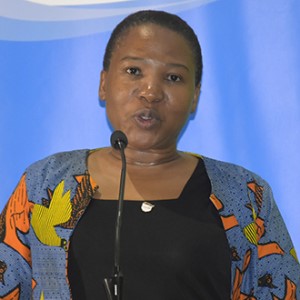
Dr Mantepu MaseTshaba, CEMS Acting Executive Dean
In her welcome address, Dr Mantepu MaseTshaba, Acting Executive Dean of CEMS, emphasised Unisa’s potential to contribute more actively to G20 discussions. She urged university departments to engage with the G20 calendar and form task teams to influence policy development. Additionally, she highlighted the 30th anniversary of the Beijing Declaration, encouraging research on feminist and gender-related issues aligned with Unisa’s niche expertise.
Moderated by Prof Bernadene de Clercq from Unisa’s Department of Taxation, the discussion featured an esteemed panel of experts from various economic and financial sectors. The panellists examined South Africa's fiscal policies, economic growth strategies and global positioning within the G20 framework. Key topics included debt sustainability, state-owned enterprises (SOEs), taxation policies and the role of government interventions in economic stability.
Fiscal stability and debt concerns
The panellists outlined the fiscal risks posed by South Africa’s mounting debt burden, with 14% of government expenditure allocated to servicing debt, compared with just 11% directed toward economic growth. They stressed the need for policies that prioritise economic expansion over increased taxation.
State-owned enterprises: a persistent challenge
Discussions highlighted the state of Eskom and Transnet, noting their continued financial instability. While debt relief measures for Eskom in 2026 and 2028 will offer temporary relief, the power utility remains financially strained. Transnet’s logistical inefficiencies further hinder economic growth, particularly in the mining sector.
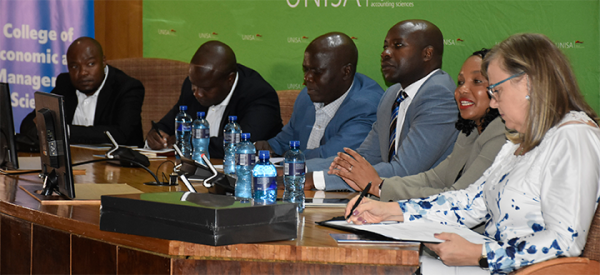
Panellists
Labour and social support measures
From a worker’s perspective, the panellists criticised the 0.5% VAT increase, citing its inflationary impact. However, they welcomed the expansion of zero-rated food items, the fuel levy freeze and increased funding for public employment programmes. The allocation of funds to the National Student Financial Aid Scheme (NSFAS) and the continuation of the Social Relief of Distress (SRD) grant – with potential for its transition into a Basic Income Grant – were also noted positively.
Taxation and revenue collection
The impact of the VAT hike, particularly on low-income households, was analysed, along with implementation challenges. The panellists also highlighted the R900 billion tax gap and the importance of increased SARS funding to improve revenue collection.
Global economic risks and growth priorities
The panellists examined global economic uncertainties, including trade tensions and geopolitical risks. They noted that external factors, such as US–China trade dynamics, directly influence South Africa’s growth. They emphasised the need to align the budget with the National Development Plan (NDP) and focus on entrepreneurship, small businesses and labour-intensive industries such as agriculture, clothing and construction.
Policy trade-offs and future recommendations
In response to questions about government priorities, the panellists agreed that low economic growth remains the root challenge. While the South African Reserve Bank and Treasury policies shape fiscal direction, the panellists suggested that the Department of Trade, Industry and Competition (DTIC) should play a more active role in driving economic expansion. They also underscored the need for a capable and corruption-free state to ensure efficient tax collection and service delivery.
In his closing remarks, Dr Moses Hlongoane, CAS Executive Dean, expressed his gratitude to the panellists, organisers and attendees – both in-person and virtual. He emphasised the importance of shifting from post-budget critiques to pre-budget contributions, allowing experts to shape fiscal policy before final decisions are made. He highlighted several Unisa initiatives, including representation in the Fiscal Commission, collaborations with the South African Commerce Deans Association (SACDA), and engagement with government-led entrepreneurship programmes.
With the government facing significant economic and social challenges, Unisa’s Post-Budget Speech Discussion continues to provide a crucial platform for informed debate and policy influence.
* Compiled collaboratively by the College of Accounting Sciences and the College of Economic and Management Sciences, with input from ChatGPT
Publish date: 2025-03-28 00:00:00.0
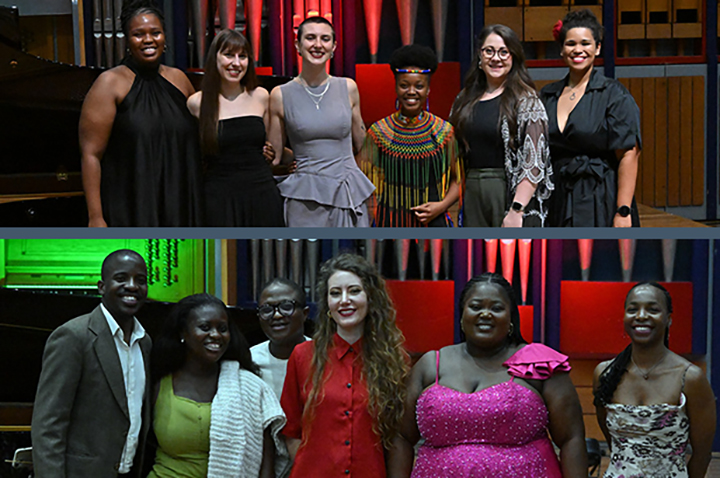 The 7th Unisa International Voice Competition nears the finale
The 7th Unisa International Voice Competition nears the finale
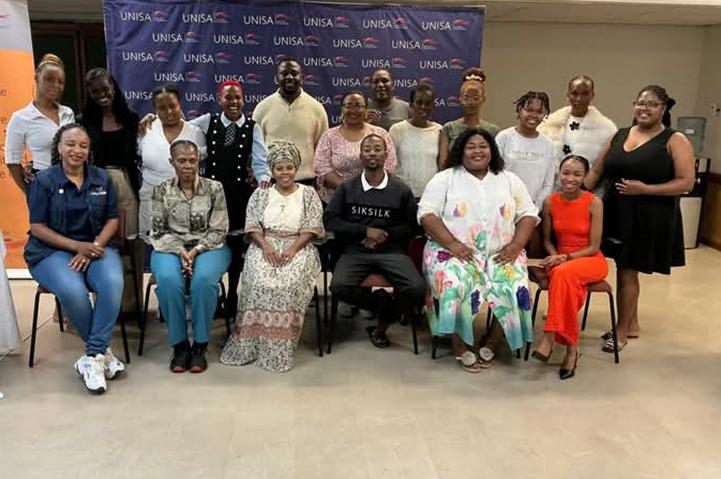 Unisa expands ways to hear student voices
Unisa expands ways to hear student voices
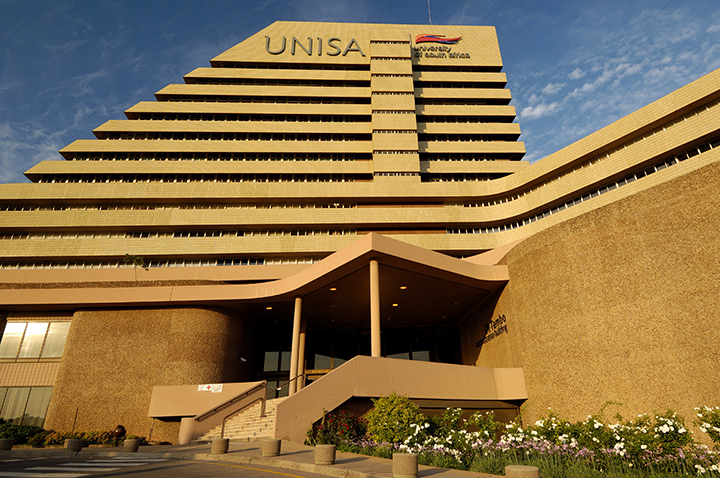 THE Rankings demonstrate Unisa's unceasingly enhanced academic agenda
THE Rankings demonstrate Unisa's unceasingly enhanced academic agenda
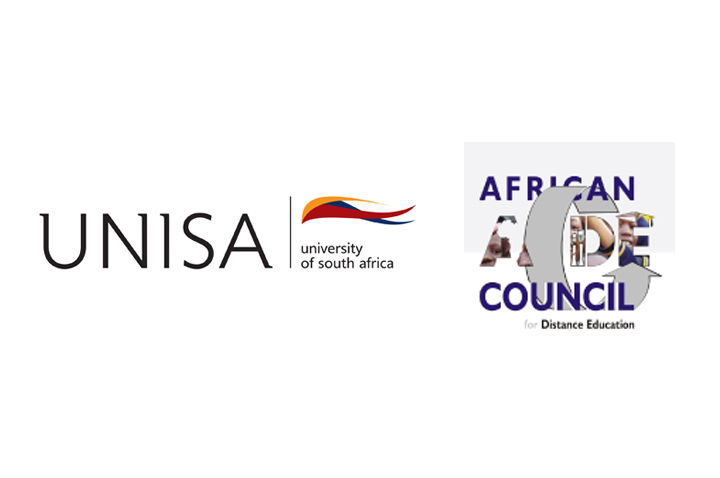 Unisa to host the illustrious ACDE's 20th Anniversary Seminar
Unisa to host the illustrious ACDE's 20th Anniversary Seminar
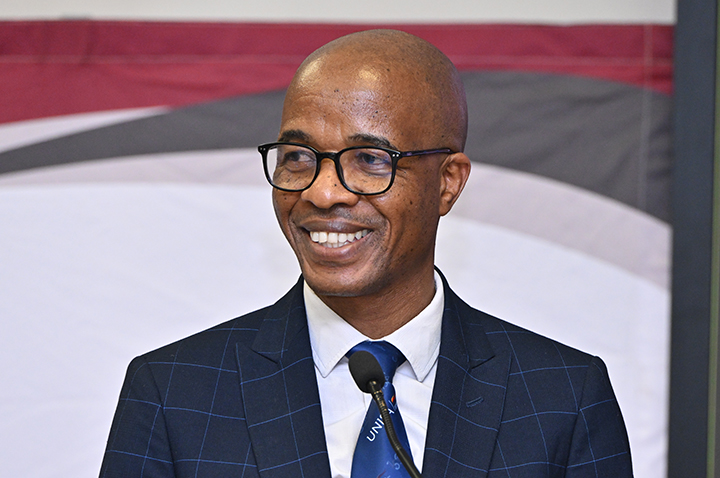 Unisa scholar honoured for reimagining Africa's archival future
Unisa scholar honoured for reimagining Africa's archival future